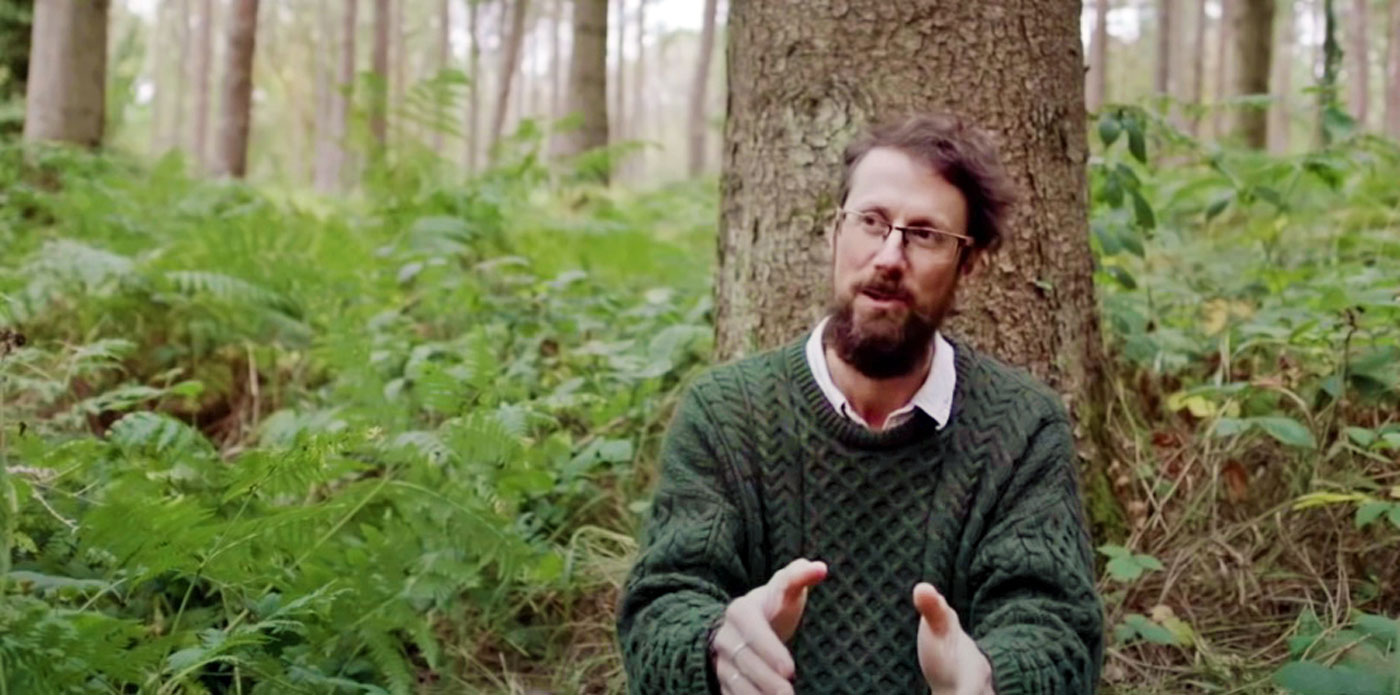On this day in 1927, 29th June, T.S.Eliot was baptised. The colossus of modernist literature, who wrote one of the greatest nihilistic poems of all time, shocked many with his conversion to Anglo-Catholicism just five years after it was published. It happened behind locked doors because he said, with characteristic acerbity, that he hated “spectacular conversions”. A few years later, W.H. Auden followed a similar path, returning to the Christianity of his childhood.
For both, it was partly an intellectual homecoming. Auden had slowly lost his liberal belief in humanity’s innate goodness thanks to the rise of the Nazis. He also felt that Christianity gave him a way to account for both human darkness and human potential. Believing that Jesus’ command to love our neighbours as ourselves was the defining ethical call, Auden valued the structure and rigour that the church offered. Eliot, says Richard Harries, also ‘wanted more than a vague mysticism…a self-sufficient moralism…something more solid than the individualism, relativism and emotionalism that he thought was rotting Western Civilisation.’ Both came to believe that the erosion of an objective moral realm was eroding the foundations of social and political order.
I’ve been thinking about these two men because I have been observing a strong uptick in male mid-life conversions. Paul Kingsnorth describes his own in this luminous essay; Martin Shaw, the renowned mythologist, has spoken about his recent encounter with the ‘mossy face of Christ’; and David Brooks, the New York Times columnist, can be added to the list too. Privately, I have had conversations with at least 15 men in the last year who are either now Christian or actively trying to be. Many are writers, policy wonks, leaders in their fields as well as philosophers, novelists, environmentalists, psychologists. Several say taking psychedelic drugs opened them up to the possibility of God.
Most, like Eliot, have dabbled with so-called ‘eastern’ religions first. They come from the Left and the Right, drawn to the often lone ‘out’ religious person and discuss their beliefs with me. They laugh wryly about themselves, noting how their younger selves would have been appalled. All are deep thinkers, motivated by a better world, but they are slowly losing the youthful idealistic sense that they alone can locate the levers of change. They are butting up against the limits of their own intelligence and agency, and looking for something other than themselves to have faith in.
Maybe this was always a quietly well-trodden path. Perhaps mid-life crises didn’t always mean a mistress and a Ferrari but this wiser container for a growing sense of mortality. It’s possible that I’m seeing it now because of the backlash to the New Atheist movement, which was always male-dominated. Either way, I find it moving and hopeful. Men who are arrogant or apathetic cause harm, and a path that requires humility, courage, vulnerability and service might just act as an antidote.











Join the discussion
Join like minded readers that support our journalism by becoming a paid subscriber
To join the discussion in the comments, become a paid subscriber.
Join like minded readers that support our journalism, read unlimited articles and enjoy other subscriber-only benefits.
Subscribe